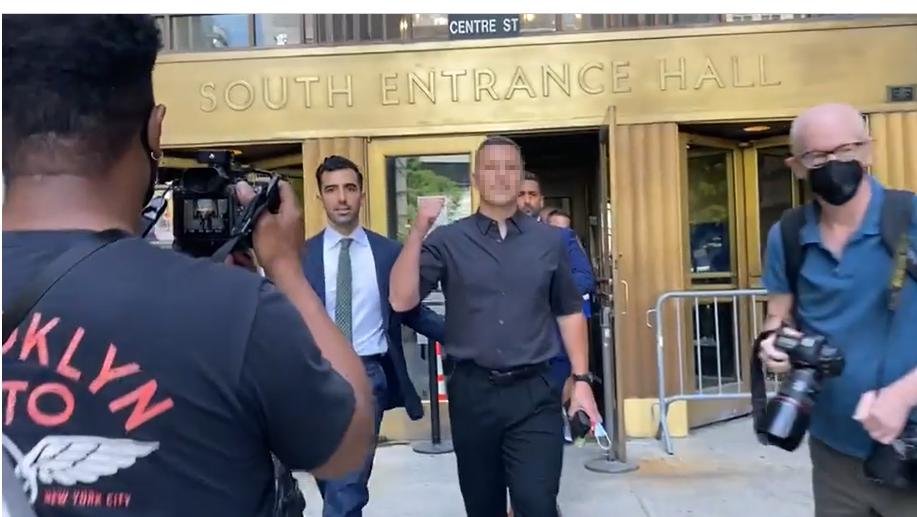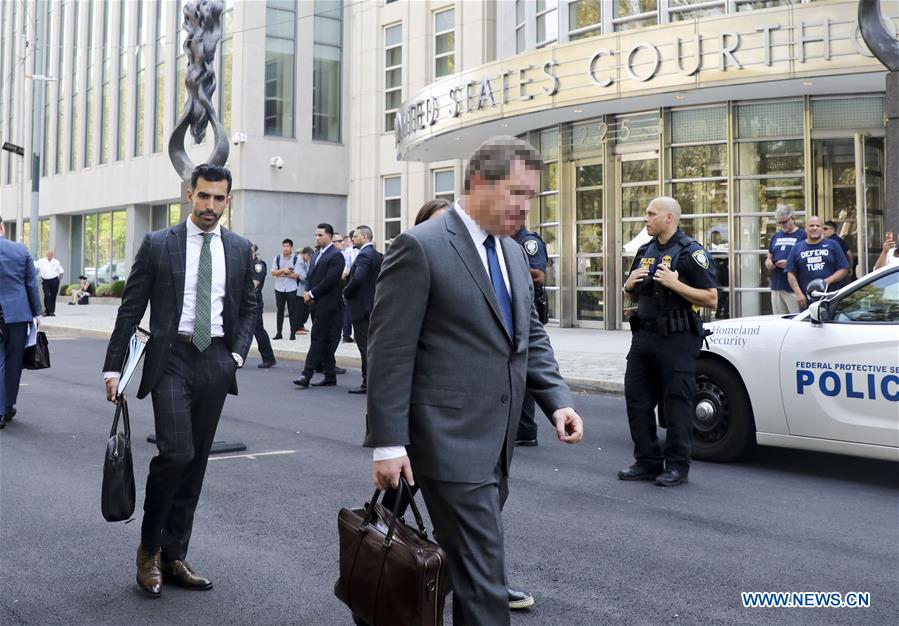Criminal Sentencing & Appellate Practice
A criminal case does not end upon a guilty plea or conviction at trial. Rather, both sentencing hearings and appellate practice efforts are crucial phases of criminal litigation, and typically reflect an individual’s last chance at avoiding a lengthy prison term.
Simply stated, this is one of the most important periods of your life. Federal sentencings, motions for a new trial, and direct appeals all require competent, creative, and thoughtful defense counsel to prevail.

Robust Sentencing and Appellate Practice
Negotiating a favorable sentence is a crucial phase in your case. Whether facing state penalties or the federal sentencing guidelines, your defense attorney must be prepared to provide mitigating information to the Judge in order to lessen your sentencing exposure and secure a non-jail sentence to the extent possible.
Following a conviction, the filing of an appeal typically represents your last opportunity to defend against criminal charges. It is critical that your appellate lawyer analyze the entire prosecution against you, from inception to conviction. A successful appeal or wrongful conviction motion can lead to: a reduced sentence, home confinement, halfway house release, or in some instances, your conviction being vacated in its entirety should the matter be overturned on appeal.
Sentencing Procedures
A Judge has wide latitude to sentence convicted individuals – this may range from time served, to probation, to prison. In the state system, New York City defense lawyers typically negotiate these sentences with prosecutors when determining if a client will plead guilty. This allows the client to know, before pleading guilty, what the penalty will be. While most state felony convictions carry maximum and minimum penalties, an experienced defense lawyer will work to secure a below-minimum sentence where possible.
The federal system is governed by the federal sentencing guidelines. If pleading guilty, your defense lawyer and federal prosecutor will negotiate your base offense level, enhancements, as well as acceptance points, in an effort to agree upon a guidelines range for the Judge to then consider at sentencing. Importantly, the federal sentencing guidelines are now only advisory, not mandatory, meaning a Judge will consider but not be bound by these guidelines. Hence, a strong sentencing memorandum and argument by your federal defense lawyer can lead to a below guidelines sentence, sometimes probation or even time-served.

New York State Sentencings and the Federal Sentencing Guidelines
In the state system, sentencing is typically determined by the classification of the crime for which you are convicted along with whether the crime is considered violent or non-violent. Hence, a B violent felony will carry a certain penalty, while a C non-violent will carry a different range. What makes the New York State system so complex is that beyond conviction level and classification, sentences will also vary based on criminal history, on whether the crime is a sex or drug offense, and other related factors. Given this latitude, an experienced state defense lawyer can find creative avenues at the sentencing phase to lessen your penalty.
In both the state and federal system, the judge plays a critical role during your sentencing. A judge may approve or deny a negotiated sentence in state court, while in federal court a judge is typically the one who determines the actual sentence based upon your federal sentencing guidelines. It is critical that your defense lawyer establish a credible and respected relationship with the sentencing judge and put forth mitigating information to support an argument for a minimum or below-guidelines sentence.
A Sound and Thoughtful Defense
Sentencing proceedings and appellate arguments are built on strong, concise, and convincing legal writing and advocacy. The tactics and strategy employed by defense counsel at this stage must be well-thought out and executed. The work-ethic and dedication remain the same whether the goal is to have an individual’s sentence lowered or free someone who has been wrongfully convicted. If you have been convicted and are facing a state or federal sentencing, or are pursuing an appeal, you must hire intelligent and experienced defense counsel. Doing so, could lessen your potential sentence dramatically or could mean walking out of prison following a successful appeal.
